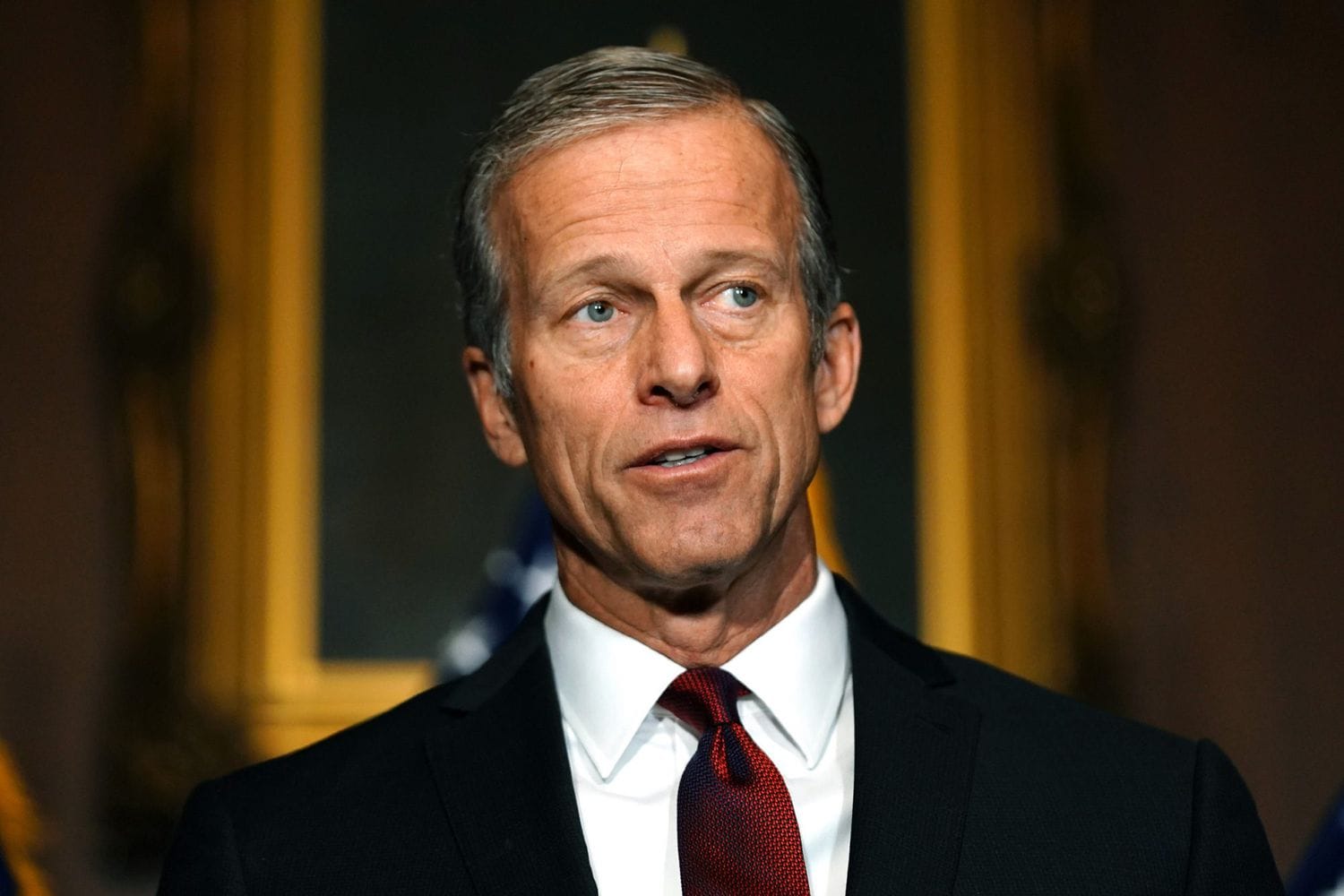John Thune Elected as Next Senate Majority Leader
In a significant shift within the Republican leadership, South Dakota Senator John Thune has been elected as the new Senate Majority Leader, succeeding Mitch McConnell, who announced his retirement from the position earlier this year. The election took place in a closed-door session of the Republican Senate caucus today, marking
In a significant shift within the Republican leadership, South Dakota Senator John Thune has been elected as the new Senate Majority Leader, succeeding Mitch McConnell, who announced his retirement from the position earlier this year. The election took place in a closed-door session of the Republican Senate caucus today, marking a new era for the GOP in the Senate.
Thune, known for his strategic mind and his role as the Senate Minority Whip, secured the position after a competitive race against Texas Senator John Cornyn and Florida Senator Rick Scott. His victory was confirmed through a secret ballot, a traditional process within the Senate, where Thune emerged with the requisite majority after a second round of voting eliminated Scott.
This change in leadership comes at a pivotal time as the Republican Party prepares for the next session of Congress with a slight edge in the Senate majority, following the recent midterm elections. Thune's election is seen as a move towards maintaining stability and continuity in Senate operations, given his long-standing role in Senate leadership and his experience in navigating the complexities of legislative strategy.

Reactions to Thune's election have been mixed. While many within the party applaud his legislative acumen and his ability to work across the aisle when necessary, some conservative factions, particularly those aligned with the MAGA movement, expressed disappointment. They had hoped for a leader more aligned with former President Donald Trump's policies. Despite this, Thune has committed to advancing the Republican agenda, which includes bolstering economic policies, addressing fiscal responsibility, and potentially working on bipartisan issues like infrastructure and national security.
In his victory statement, Thune emphasized unity and forward movement: "I am extremely honored to have earned the support of my colleagues to lead the Senate in the 119th Congress. Our work begins today to ensure that our majority serves the American people effectively and with integrity."
The transition to Thune's leadership is expected to be smooth, given his deep understanding of Senate procedures and his relationships with both sides of the aisle. His agenda includes revisiting tax policies, enhancing U.S. energy independence, and a focus on reducing federal spending, reflecting priorities that resonate broadly within the GOP but will require negotiation in a narrowly divided Senate.
As Thune steps into this role, all eyes will be on how he manages the dynamics within his party, especially in relation to the Trump wing, and how he positions the Senate against the backdrop of a potentially contentious legislative session ahead.




